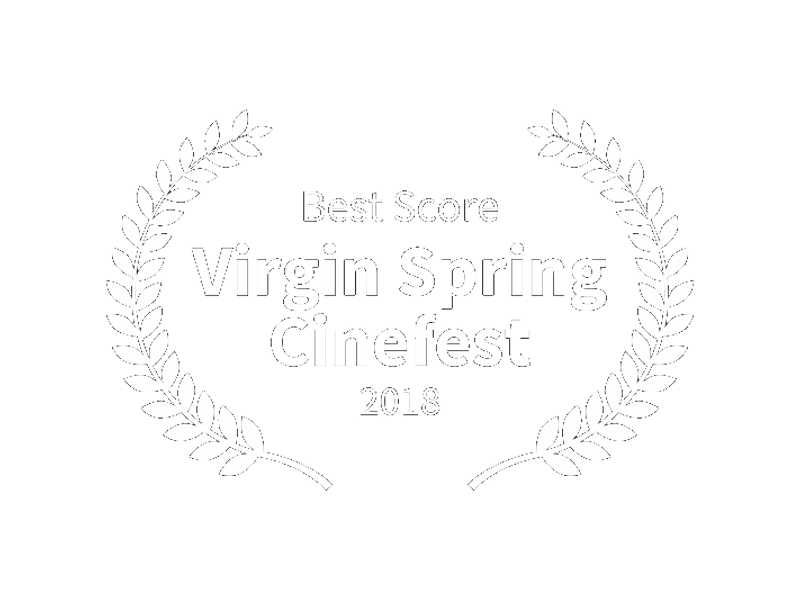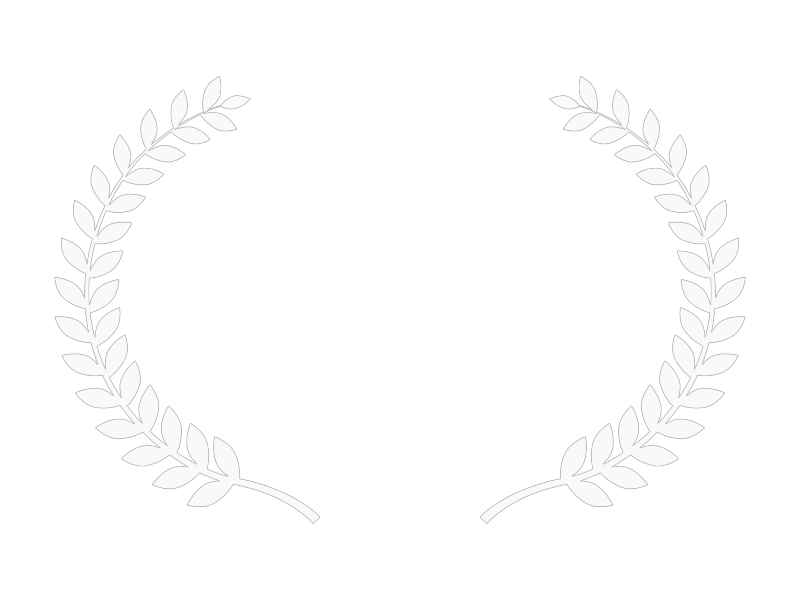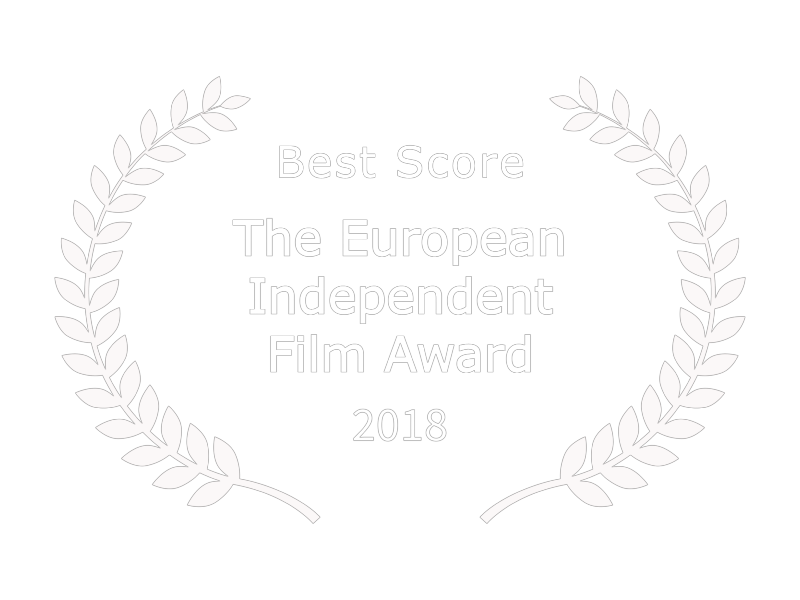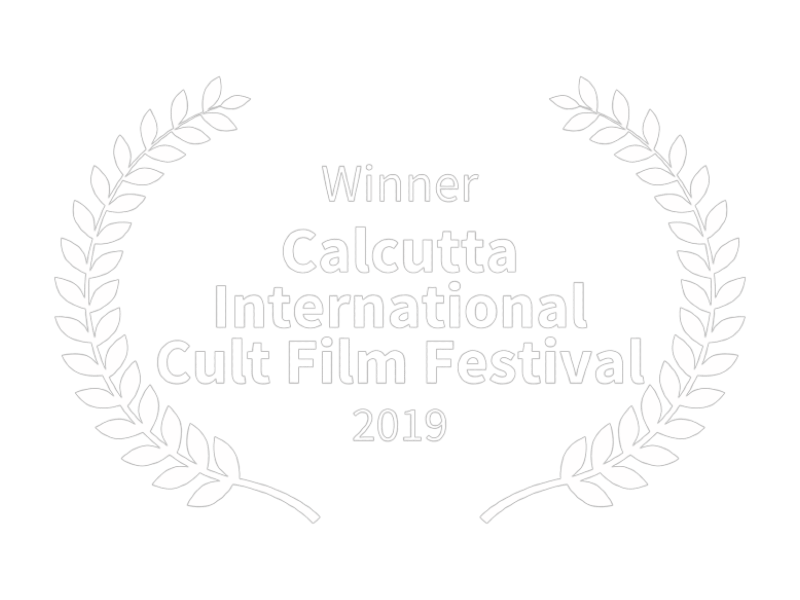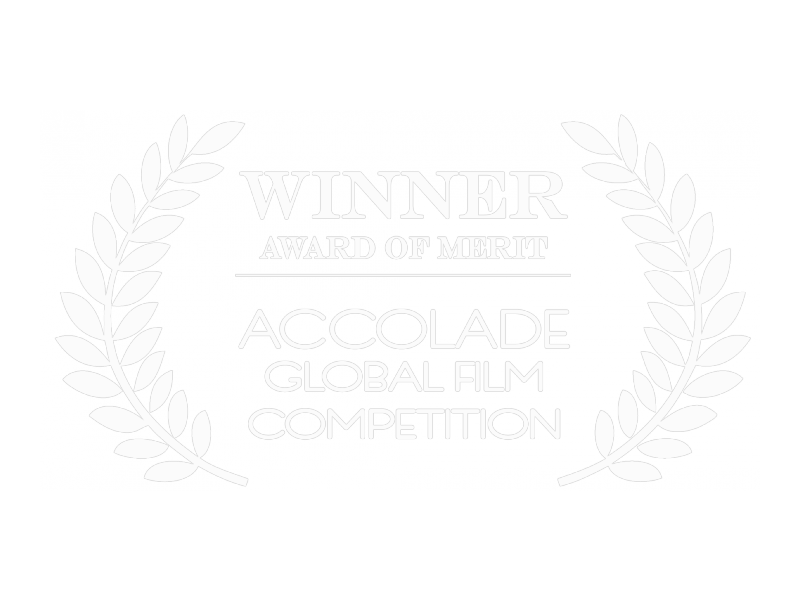Mark Slater is an accomplished film and television composer, known for his work in immersive media. With a strong background in music and a passion for storytelling, Slater has made a name for himself through his unique blend of orchestral compositions and electronic sounds. Read more on Wikipedia.
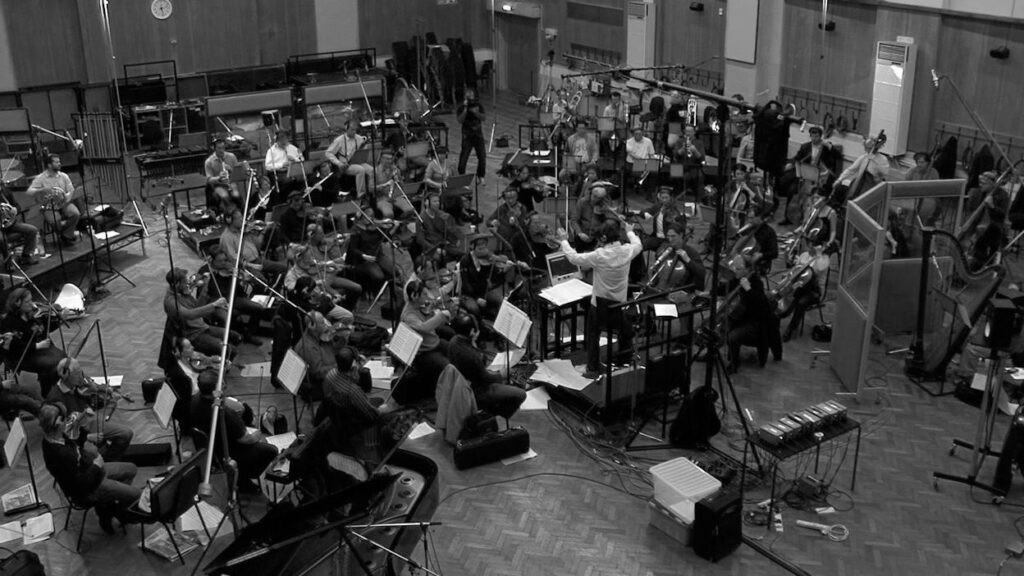
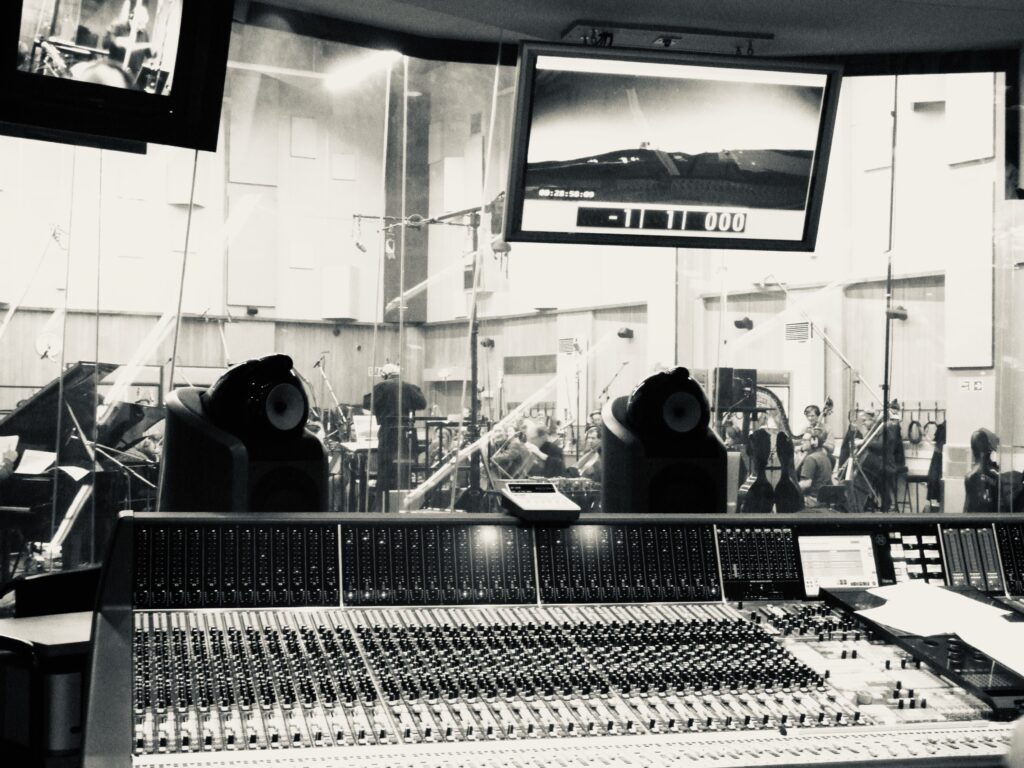
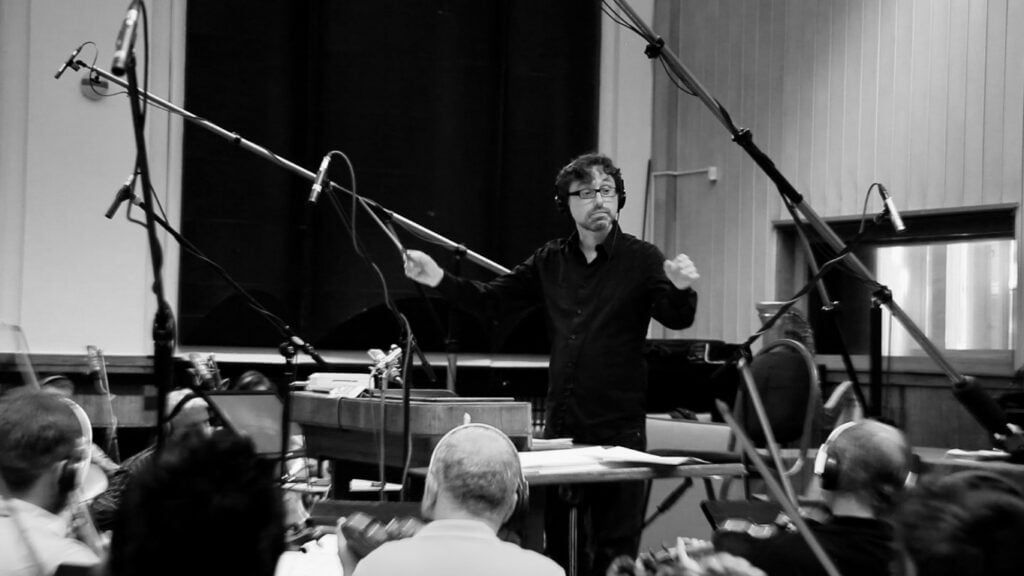
Early Beginnings and Education
We adapt to and reflect our environment. Although my first formal attempts to emulate a composer began at age 10 as a chorister at Christ Church Cathedral, Oxford, my exposure to the conventions and formats of music in European culture and the privilege to “grow up” in liberty (in a home filled with knowledge and art from across the globe) is the earned results of the work of generations upon generations of my ancestors who walked out of Africa and settled in Northern Europe and what we call today England. While I’m not a big fan of institutional education and attach very little kudos to it, I attended the London College of Music, where I studied film composition.
It’s fine if you don’t buy the idea that you “deserve” what you have. For years I believed that most human beings on this planet are subject to the interests of a tiny elite political class whose mandate is based more on exploitation and violence rather than merit. I convinced myself that society is fundamentally unjust—until I realized that the universe runs on deterministic rules: you can only take from someone who consents, and anything you cannot defend isn’t truly yours. The harsh truth of life is that there is zero sympathy from the universe if you are not strong enough to stand up and defend yourself. Our sun will exhaust its fuel and become a supermassive red giant, obliterating the Earth. Black holes will eat what they can. You have to give 100% – and that may not be enough – but to hold back is to show weakness that others will simply take advantage of. In the wise words of Tom Cruise, don’t be careful, be competent. Overcome hesitation and fear, follow your curiosity, gain knowledge, confidence and through competence ACHIEVE what you set out to do.
When a door stays closed or you’re excluded from a group, it’s because you lack the attributes that define membership at that moment. Ancestry, culture, and family’s economic standing still shape those attributes, even though social categories can shift over time. I earned a scholarship to an elite private school, yet I felt out of place because my father—a part‑time music professor—didn’t share the professional circles of the doctors, dentists, and engineers whose children filled the classrooms.
Hard work or the advantages handed down by previous generations produce most wealth and opportunity. If you want the same, follow that path. Cooperation and community are vital—no one can thrive in isolation, and collective effort lifts everyone. However, genuine self‑sacrifice for others is rare; it appears only in exceptional circumstances where a shared purpose outweighs personal loss.
People will always be ahead or behind you; help them when it aligns with your interests, but you owe no endless obligation. The realistic balance is: work together when it benefits the community, but recognize that true self‑sacrifice is the exception, not the rule.
First Film and Success
Some of the above issues of class are explored in my first feature length film, an animated adaptation of Edwin Abbott’s “Flatland.”
A Diverse Range of Collaborations
I’ve had the opportunity to record film soundtracks with prestigious orchestras such as the London Symphony Orchestra, Budapest Film Orchestra, Prague Philharmonic, and Metropolitan orchestras. The LSO at Abbey Road was a dream made manifest. I wasn’t and still am not a first rate composer, but I brought something personal to those soundtracks and they have touched the hearts and minds of many people.
A Unique Musical Style
My compositions primarily focus on writing for the orchestra, infusing electronic sounds and popular styles when appropriate for the projects. This is because the acoustic instruments of the orchestra, the natural human voice not reinforced by microphones and speakers, in solo or in combination, are the sounds I was immersed in growing up over 30 years. While synthesized sounds have interesting qualities, they quickly become dated and outmoded. The development of orchestral instruments took hundreds of years and every voice and timbre we find their has earned its place over a similar time period.
A Multi-Instrumentalist and Former Chorister
I practiced the piano and cello in my youth to the level where I could perform virtuosic concerti. However, since the age of 13, I was aware that a great performer on those instruments I would never be. My proficiency on these instruments opened the door to a lot of performance experiences and adds an extra layer of authenticity to my compositions. The many concerts, recordings, TV and radio experiences I had during my five years as a chorister of Christ Church Cathedral, Oxford, provides me with the perspective to judge outlier excellence in music. I may not be much good myself, but I know genius and dedication when I meet it.
Award-Winning Film and Television Composer
One should take these things with a pinch of salt, but for what it’s worth, my work has not gone unnoticed and has been in league with several prestigious awards and won a few minor ones.
Conclusion
Finding talented, conscientious people to work with and hire is a challenge. As a project manager of many years experience I know it’s hard to find good staff, and you also never really know someone until you do business with them. I think you’ll find me skilled, intelligent, worldly, flexible, innovative, timely, hardworking and keen to overdeliver with the occasional flash of the divine spark if you give me the chance to show it.
Awards for Mark Slater

Mark Slater Credits
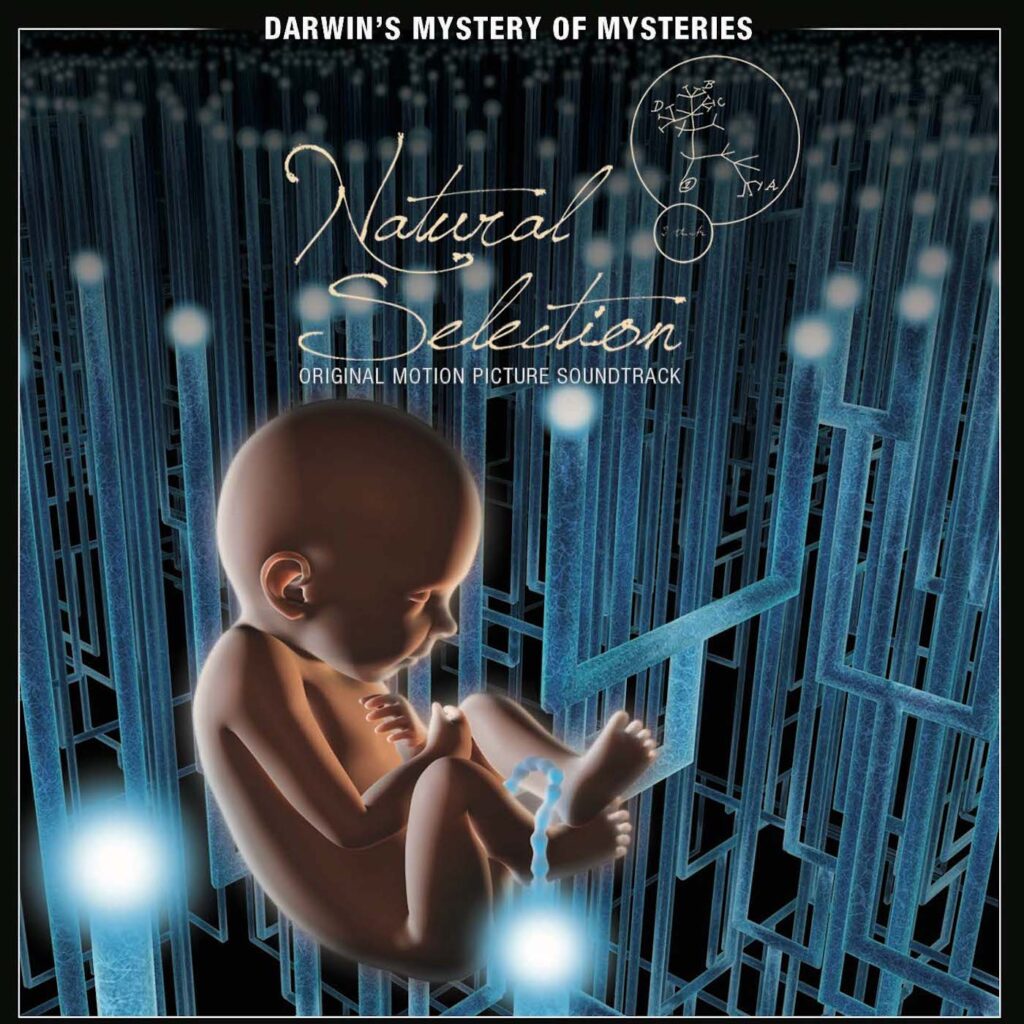
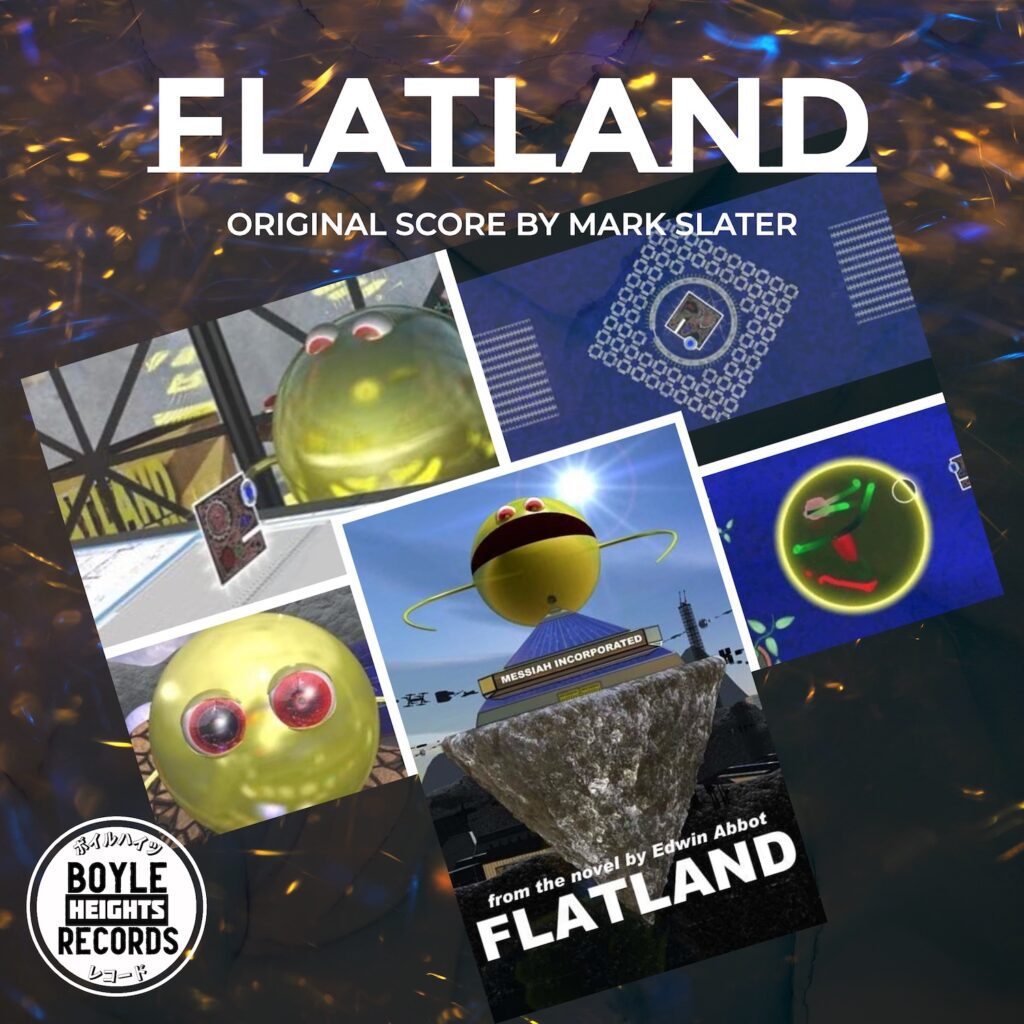
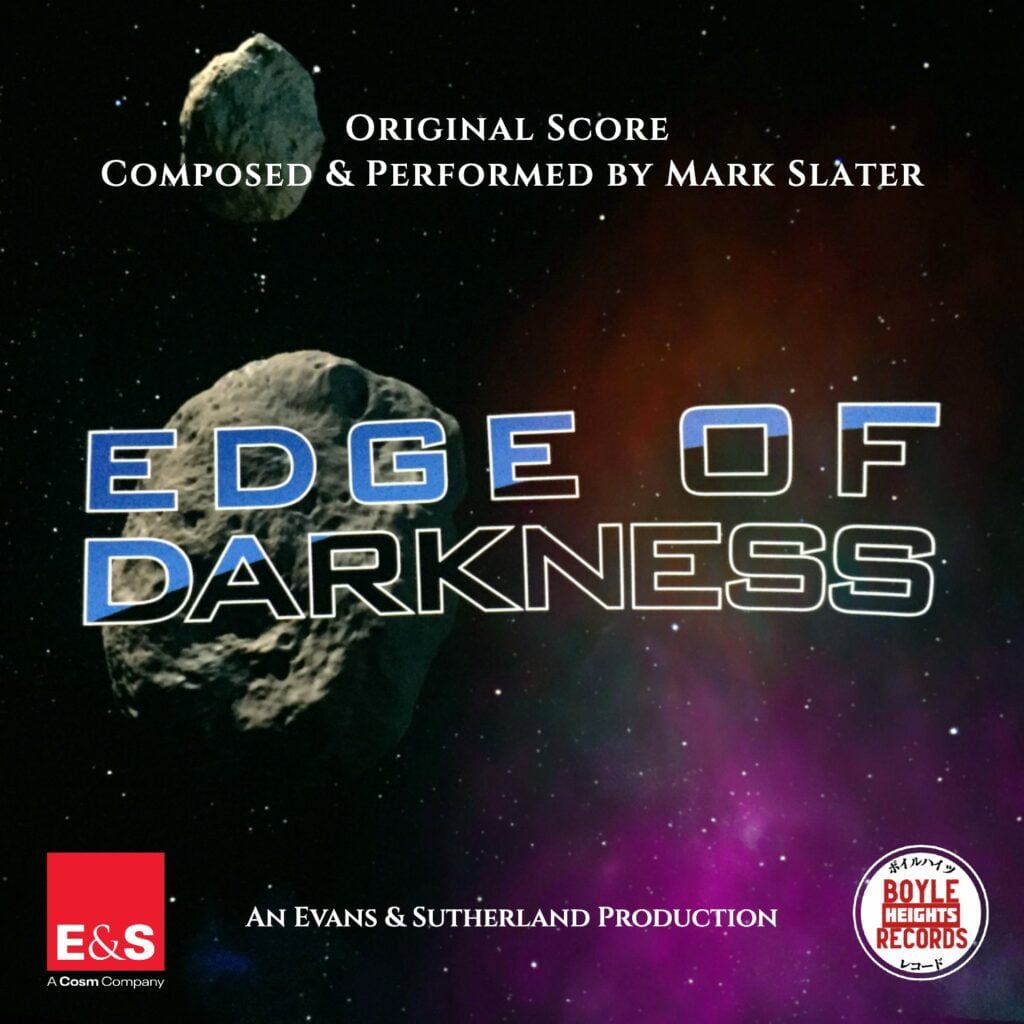
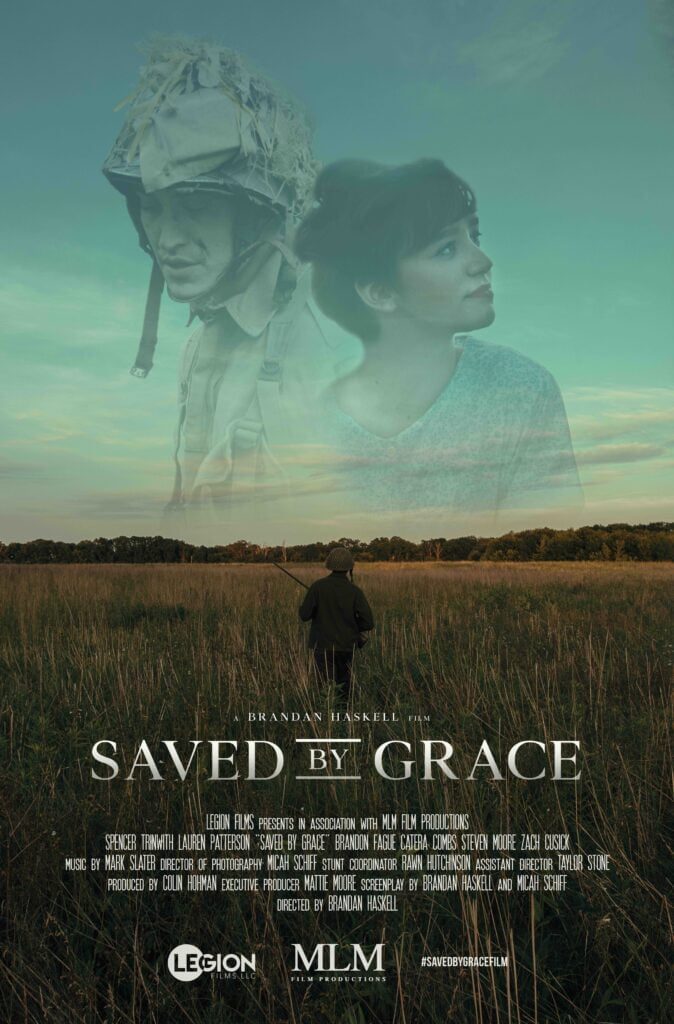
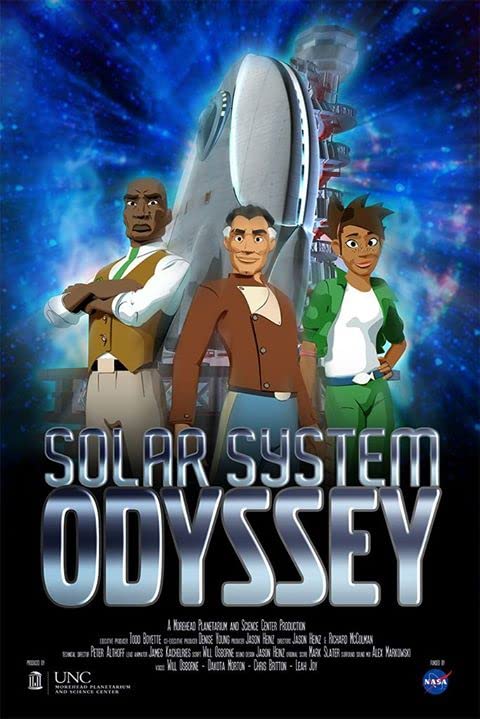
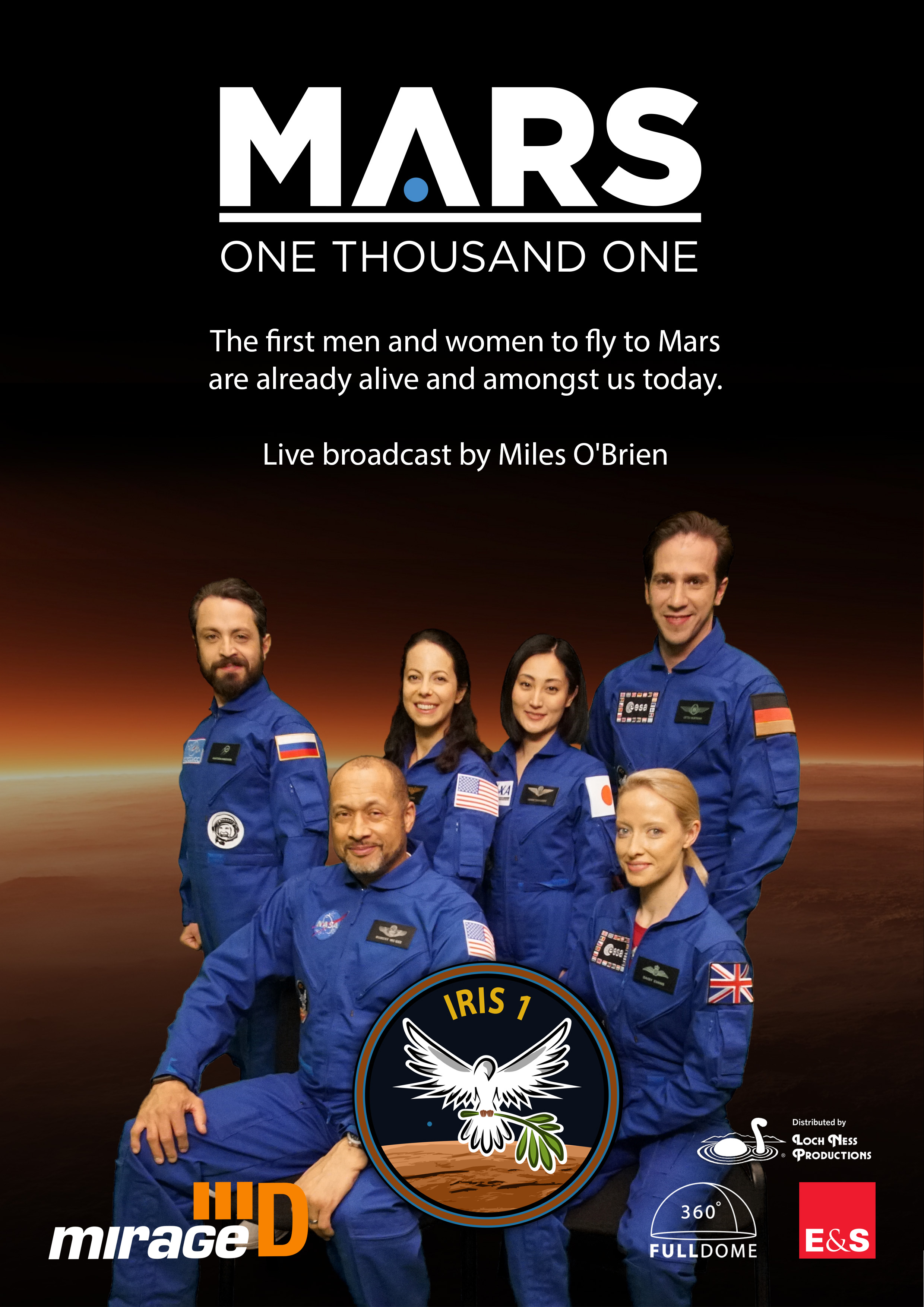
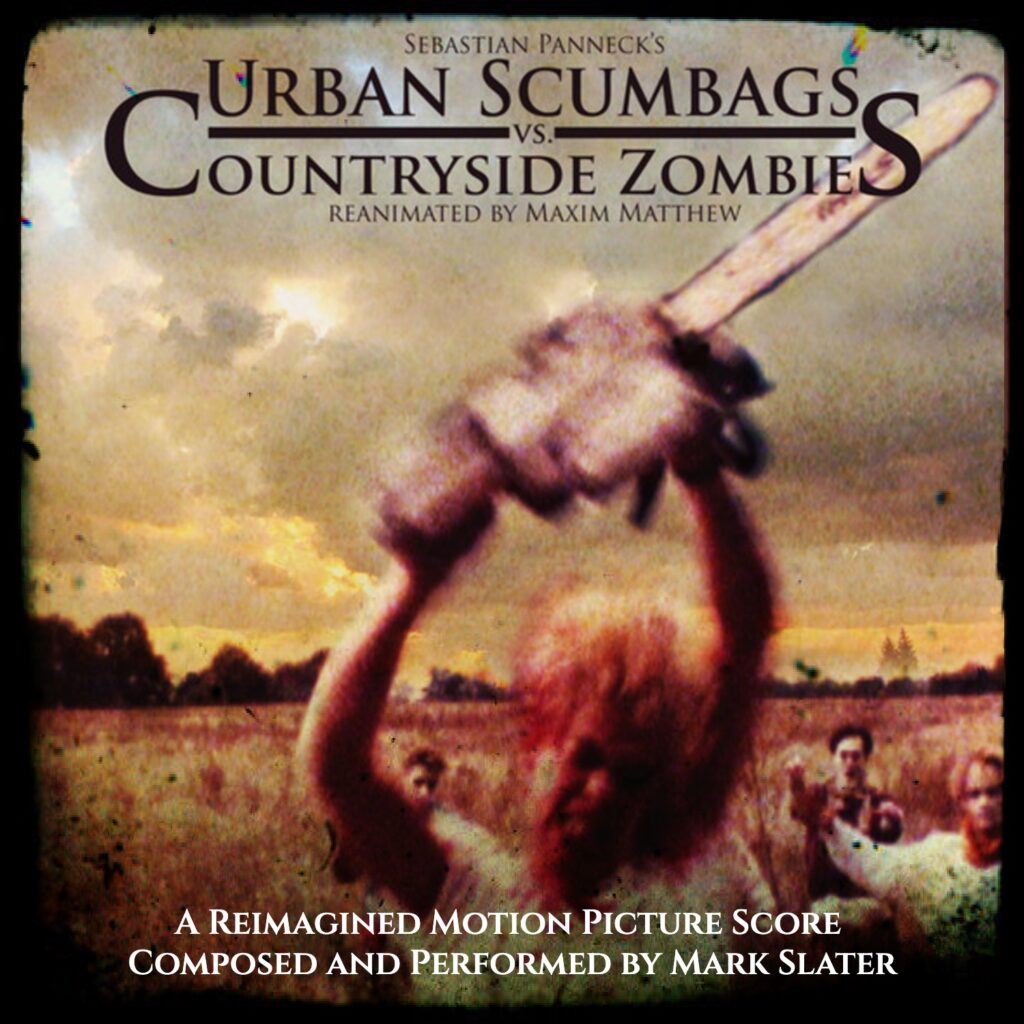
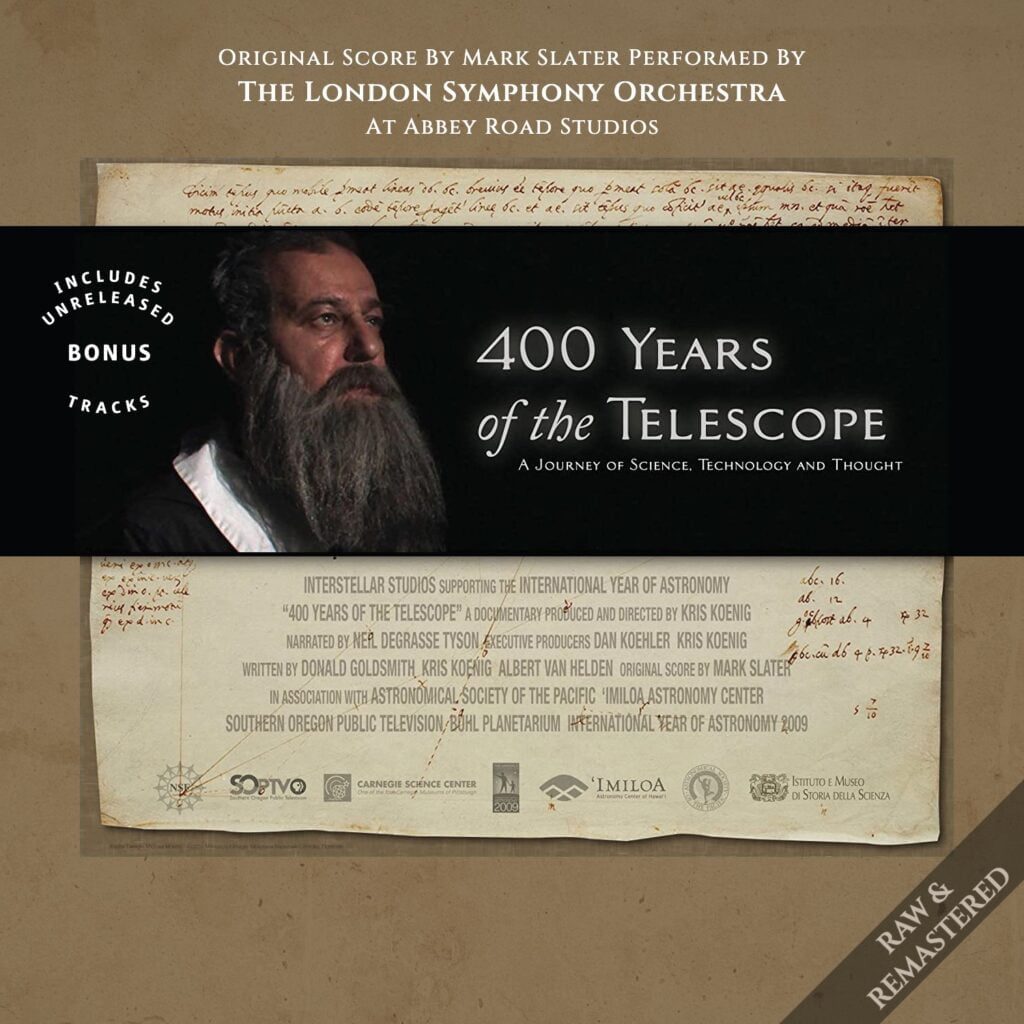
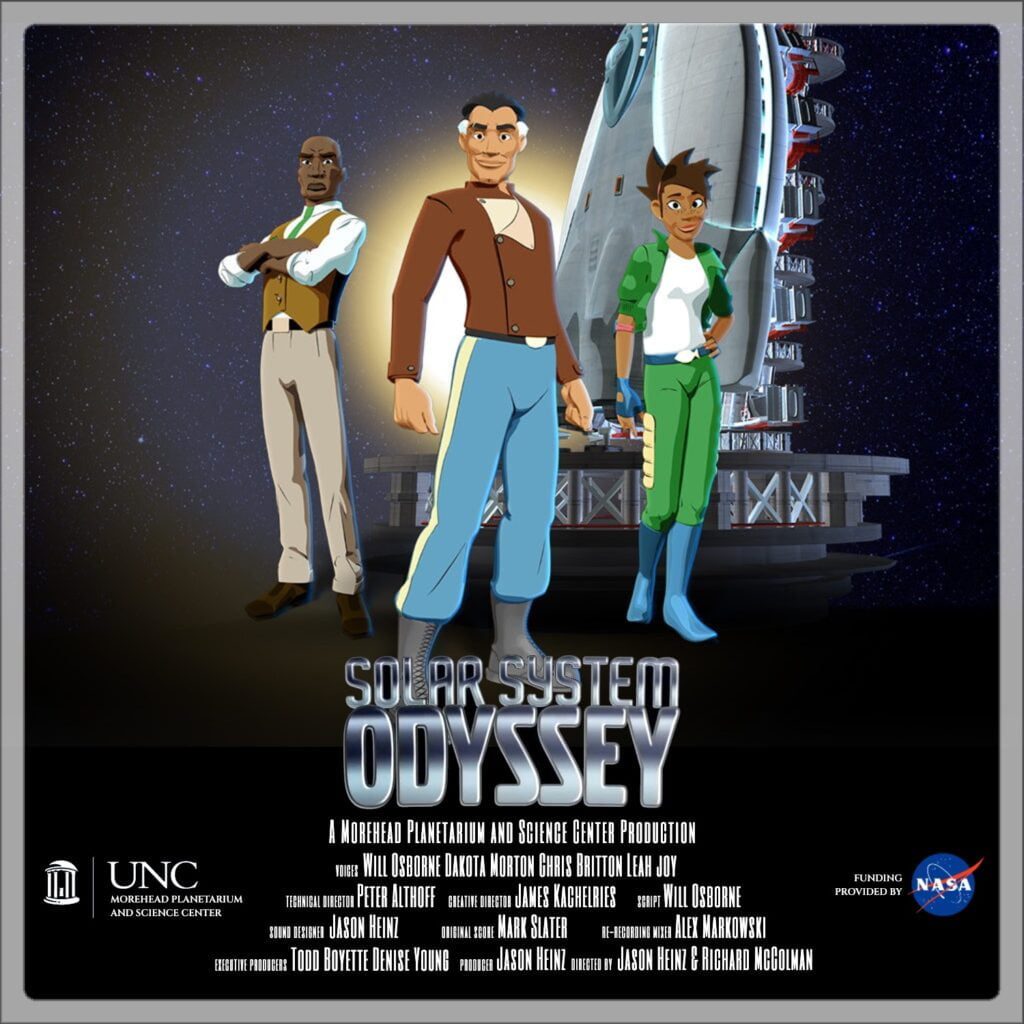
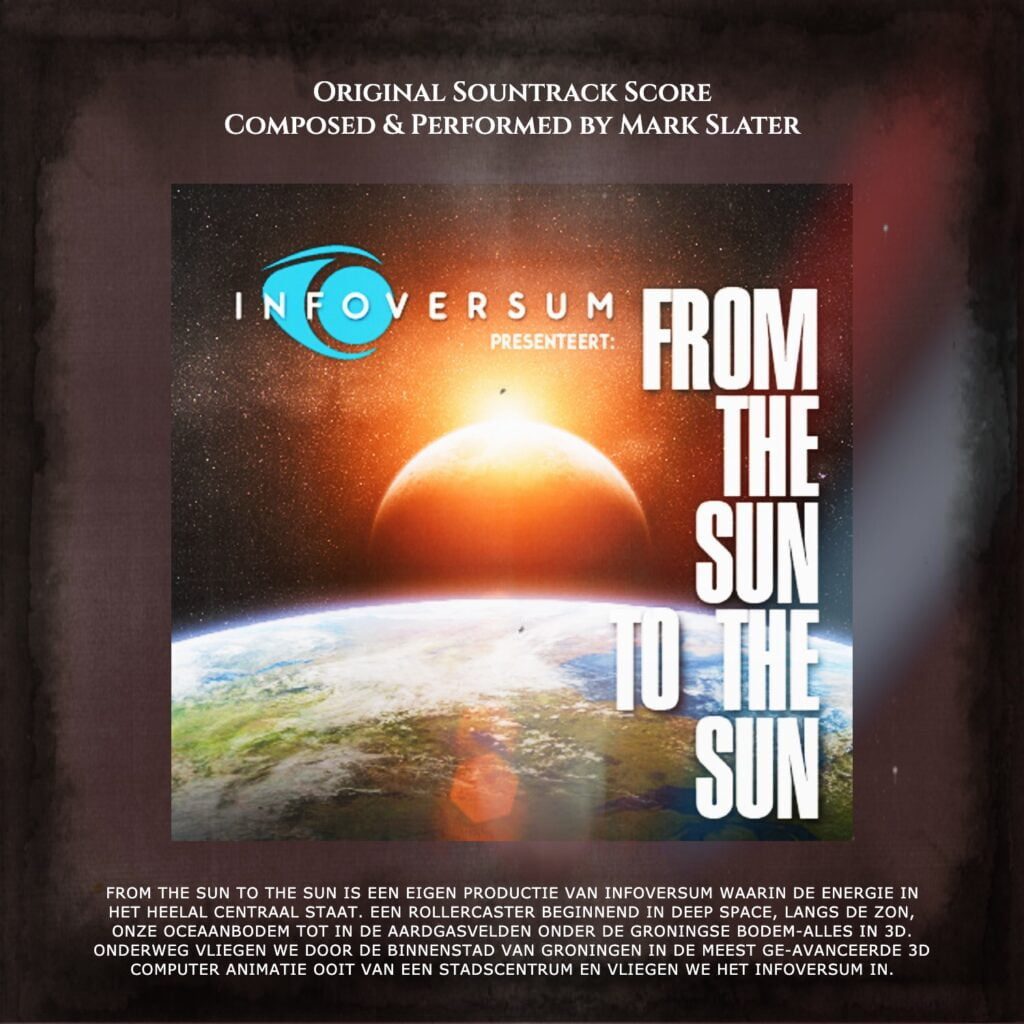
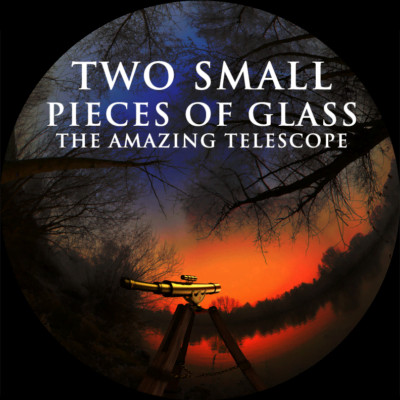
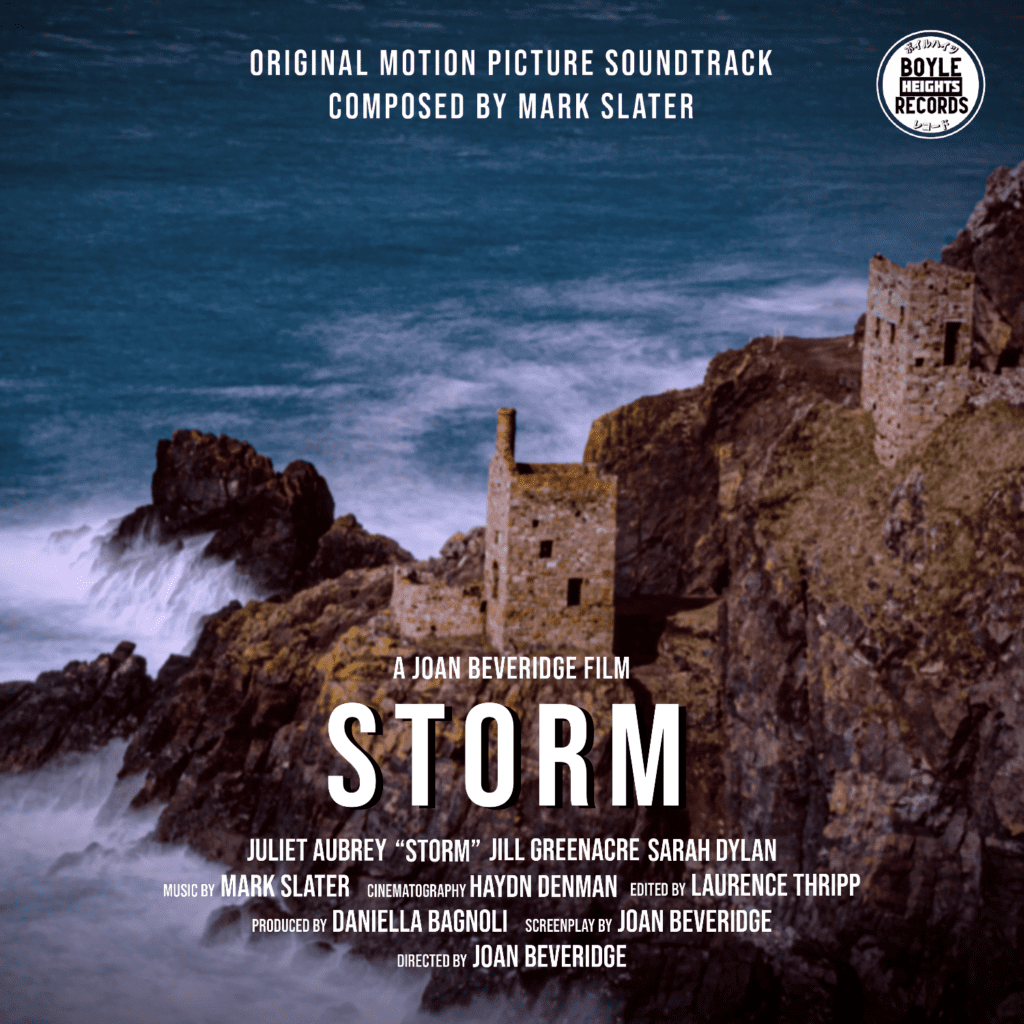

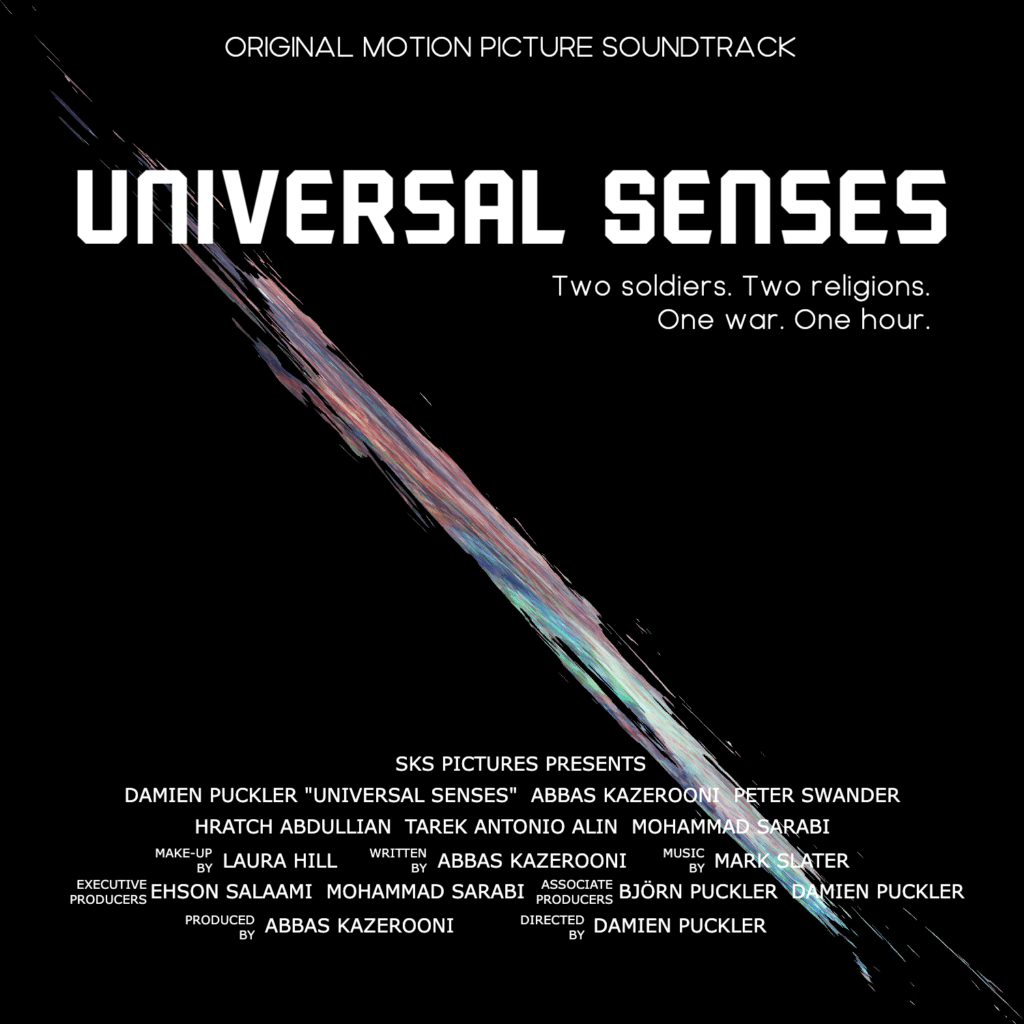
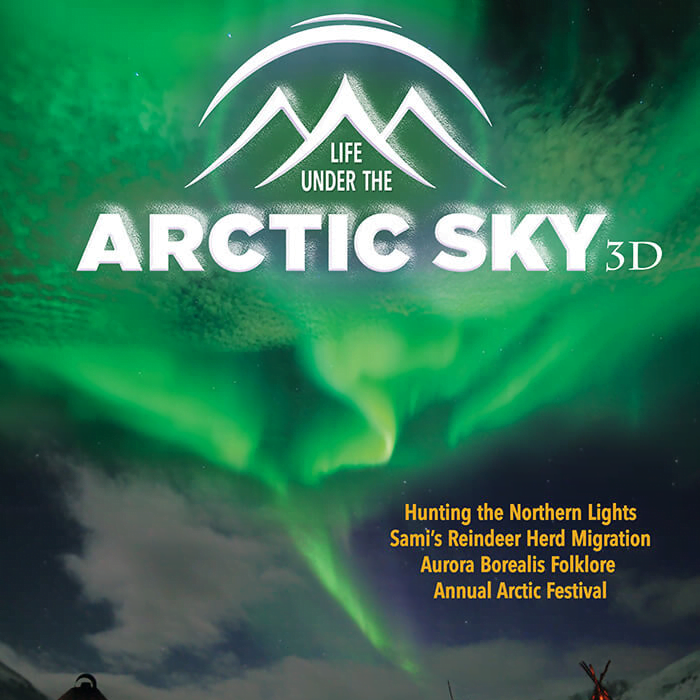
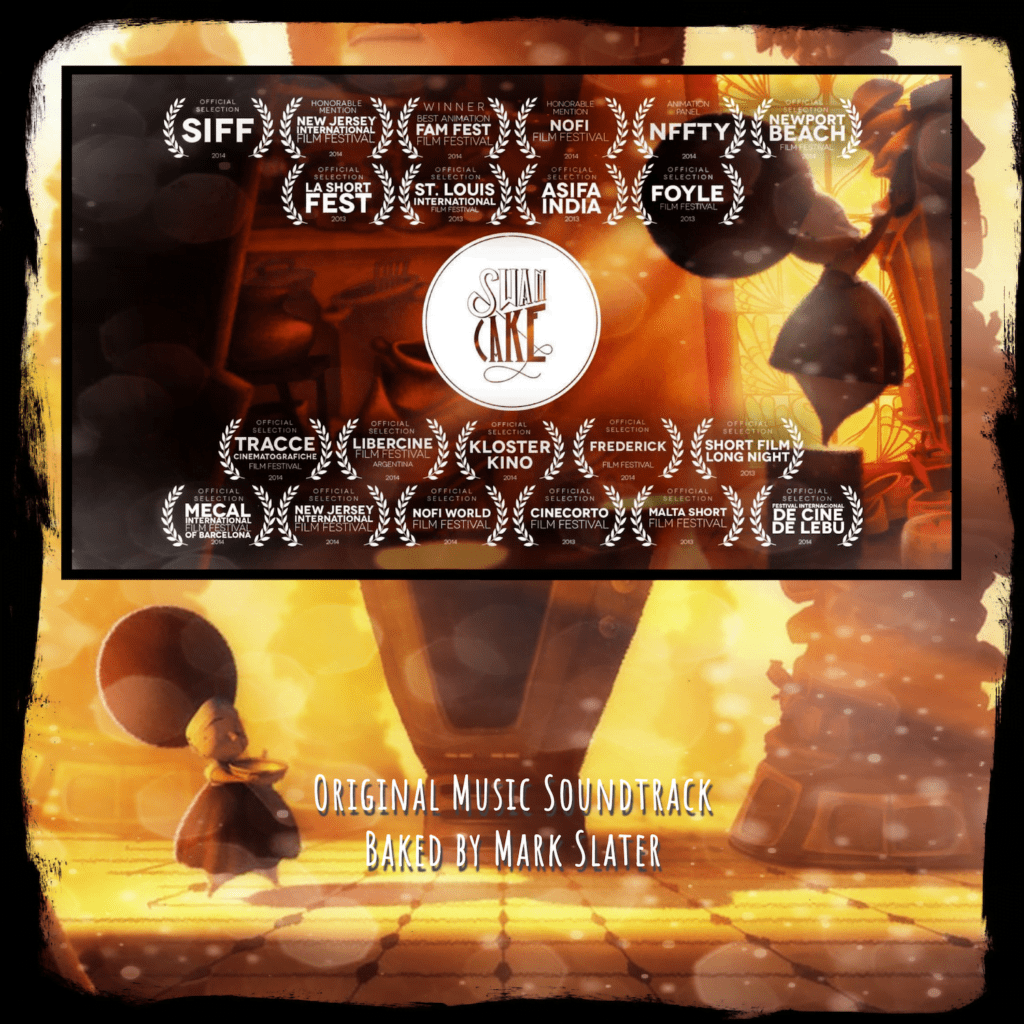
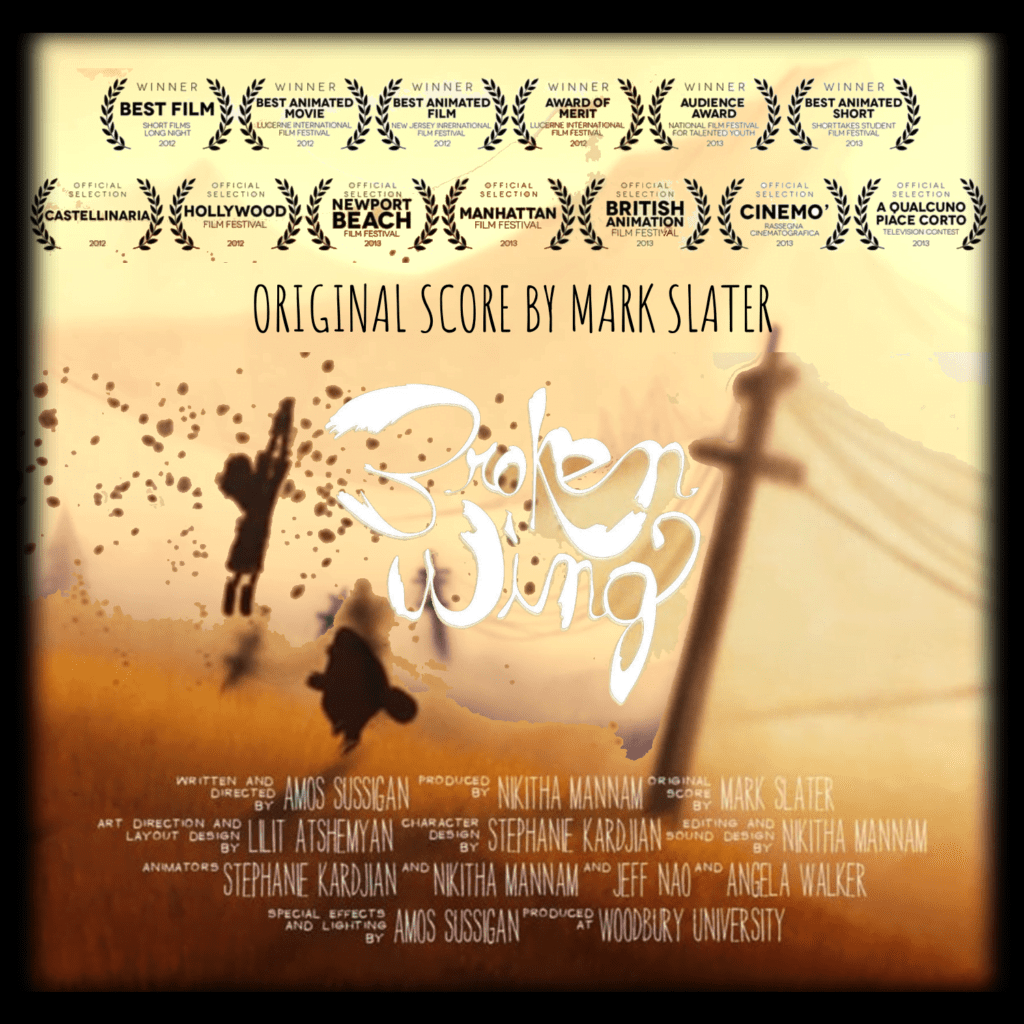
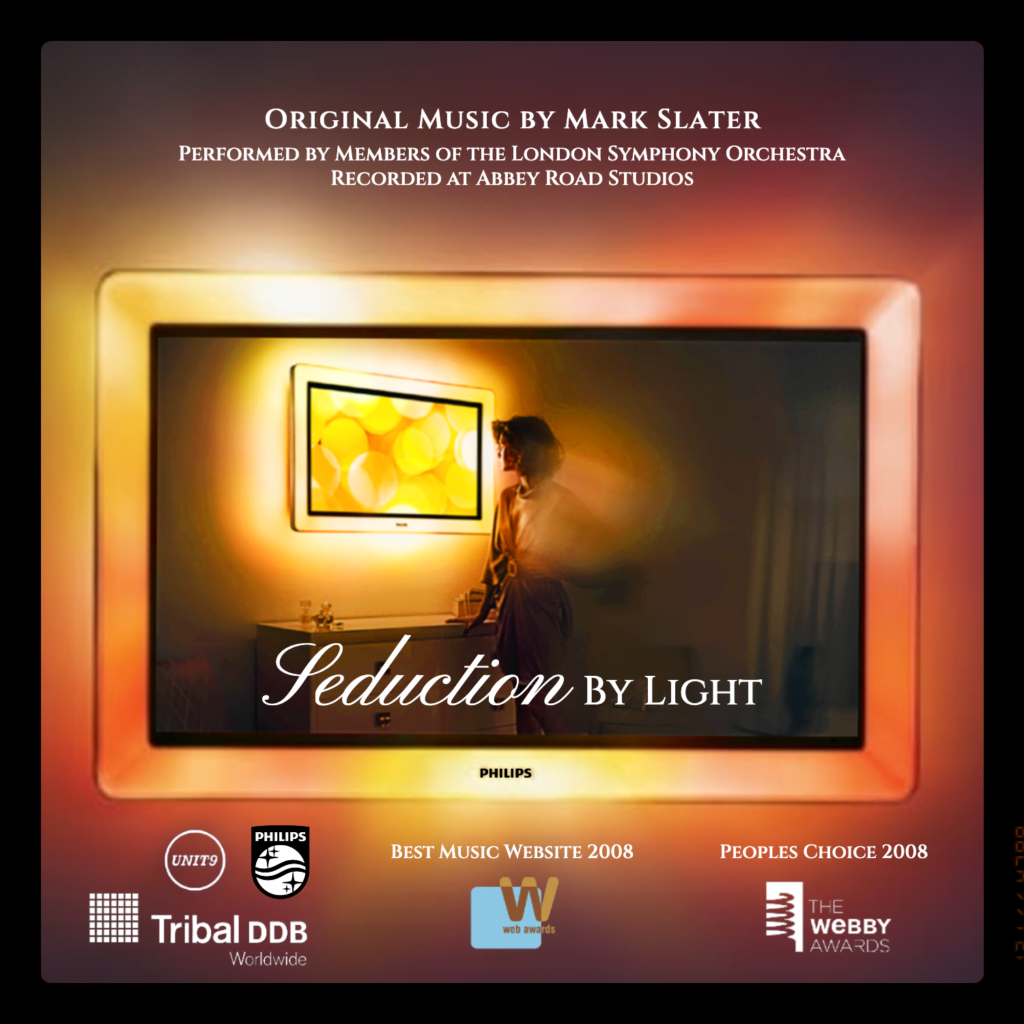
Mark Slater Clients












